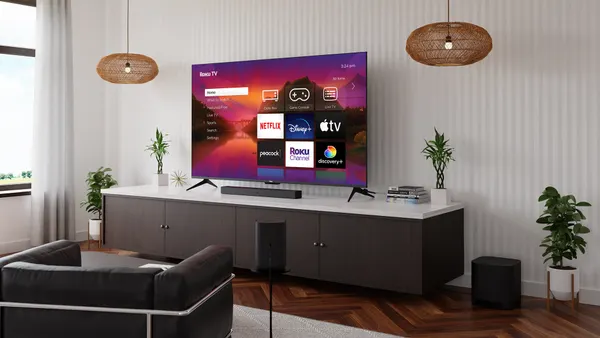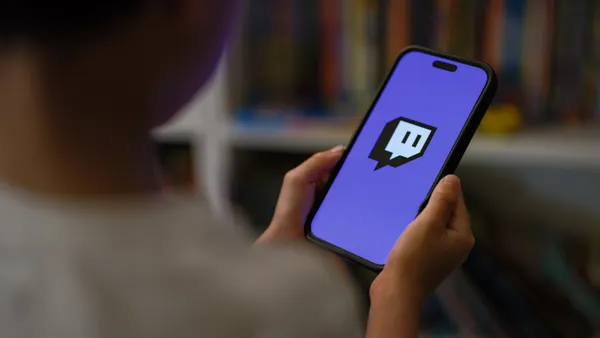Dive Brief:
- Google is offering advertisers increased brand safety via new filters applied to video and other online content, according to U.K.-based publication The Times and as cited by The Drum.
- The new filters are expected to be made available by the end of the year and include standard-issue filters such as violence and nudity but also more granular offerings like political satire. The Times and The Drum pointed to lewd comedy sketches or racy music videos as being subject to the filters.
- Google has been using machine learning (ML) to police for offensive content, particularly on YouTube. Seventy-five percent of YouTube videos removed for featuring violent extremism last month were pulled by ML before getting a human flag, according to the platform, pointing to the technology's improved detection capabilities.
Dive Insight:
As YouTube's brand safety crisis appears decidedly in the rear-view — with some notable hold-outs still boycotting the platform — parent company Google is now pivoting to put greater control in advertisers' hands in a bid to replicate a sturdier, more TV-like ad environment. For marketers, YouTube remains a huge draw, boasting 1.5 billion monthly active viewers who spend an average of an hour a day watching video there. But not all advertisers want to target the entirety of that massive audience, nor do they necessarily want their ads to appear next to video content that's not relevant to their business.
Beyond being able to filter for obvious red flags like nudity and violence, advertisers being able to avoid categories like political satire might ensure their marketing on YouTube and other Google-owned properties only hits ideal customers in the appropriate context. Programmatic technologies that automatically buy, sell and serve ads on massive digital platforms like YouTube are sometimes viewed as eroding context from advertising, but more granular filters and graded content from Google addresses some of that deterioration.
While this move might make brands happy, it could frustrate content creators or publishers that make the bulk of their revenue from a platform like YouTube. Political satire and music videos have not, by and large, been considered a problem for brands to date, but YouTube creators in every content category except for "safe" bets like fashion/beauty, food and family/parenting experienced significant revenue dips during the height of the brand safety boycott.











